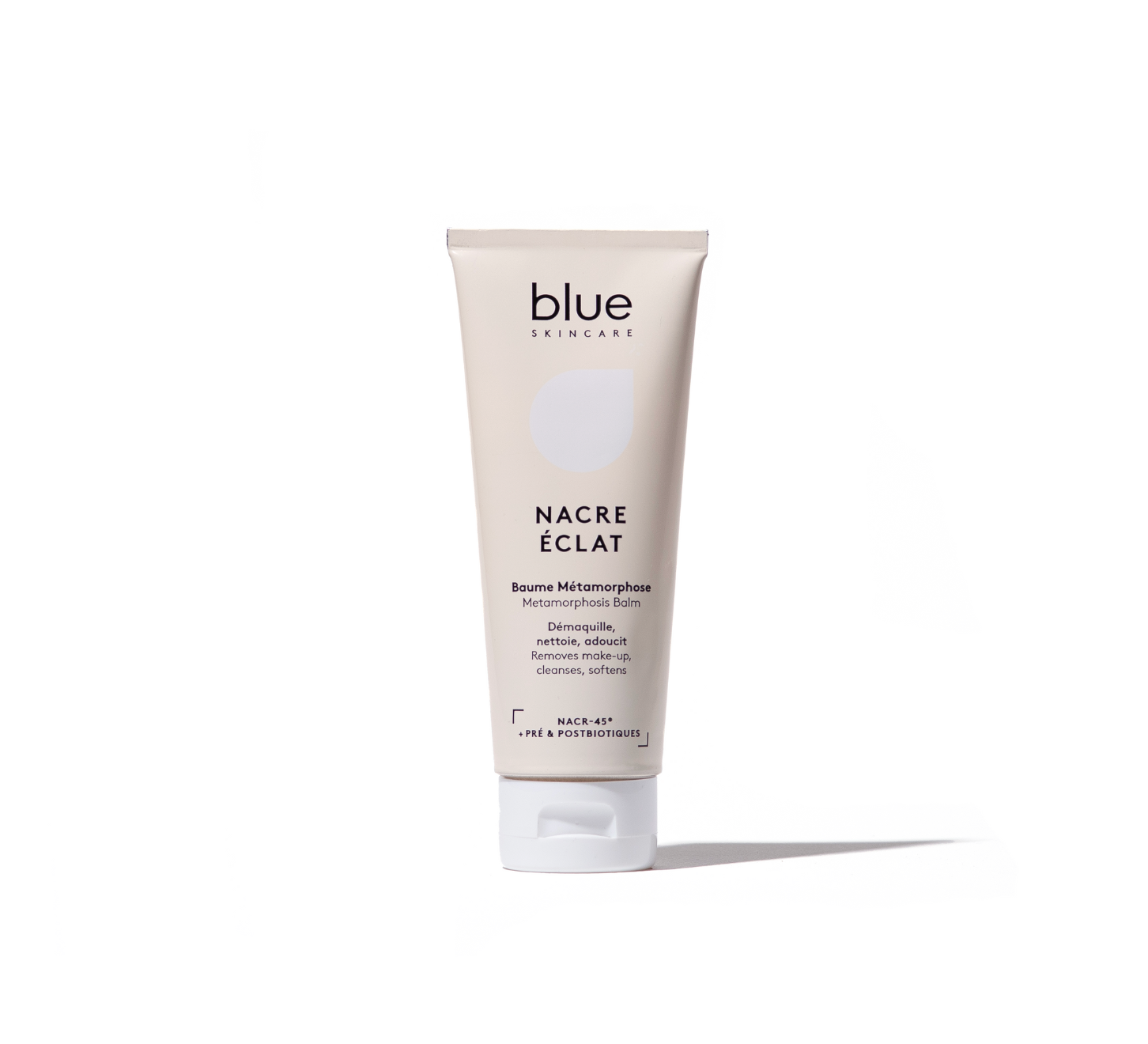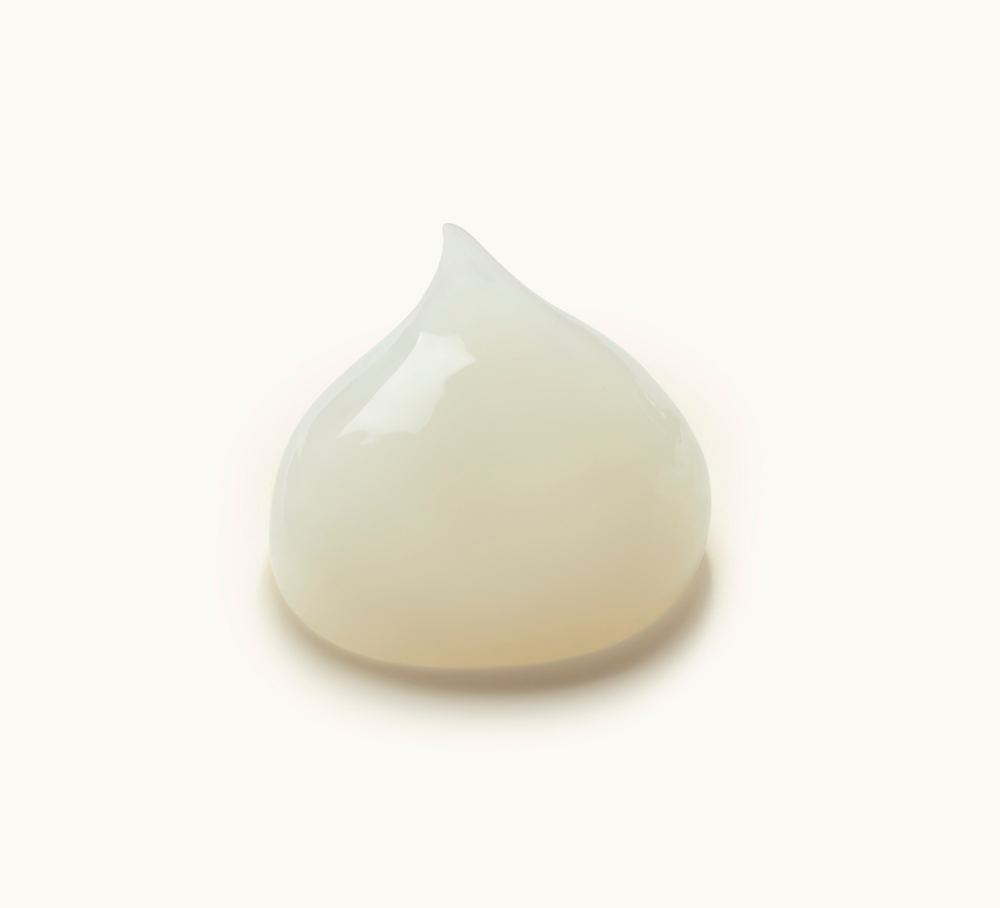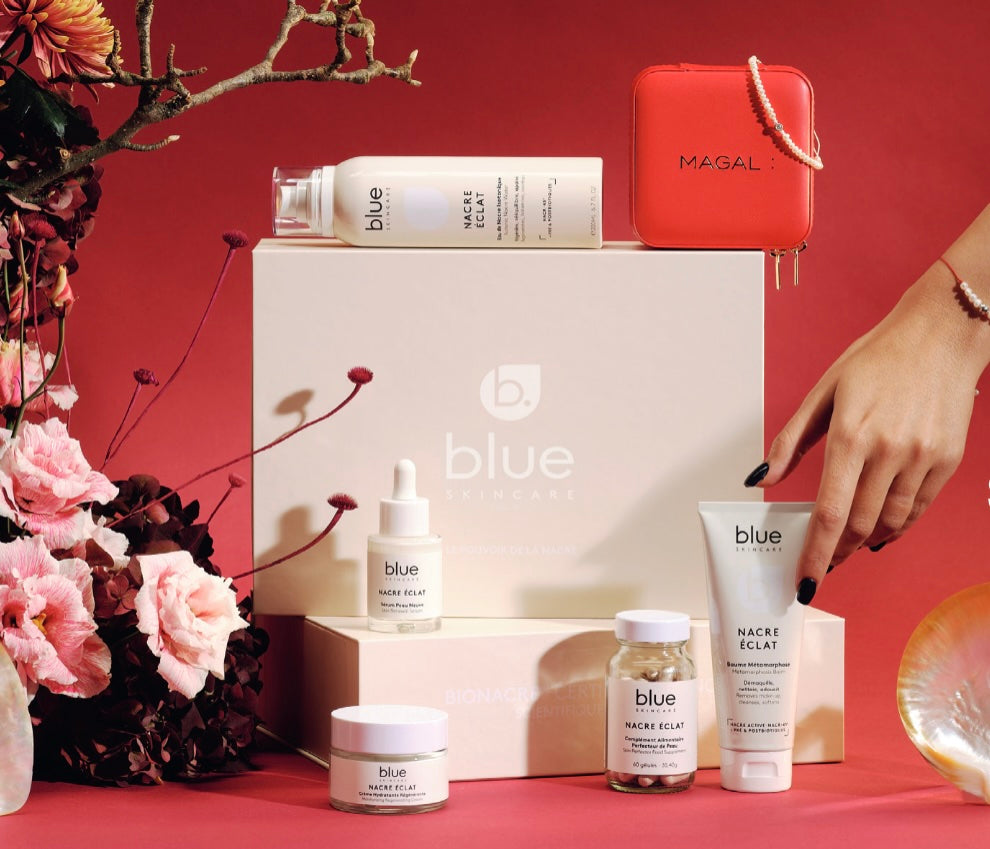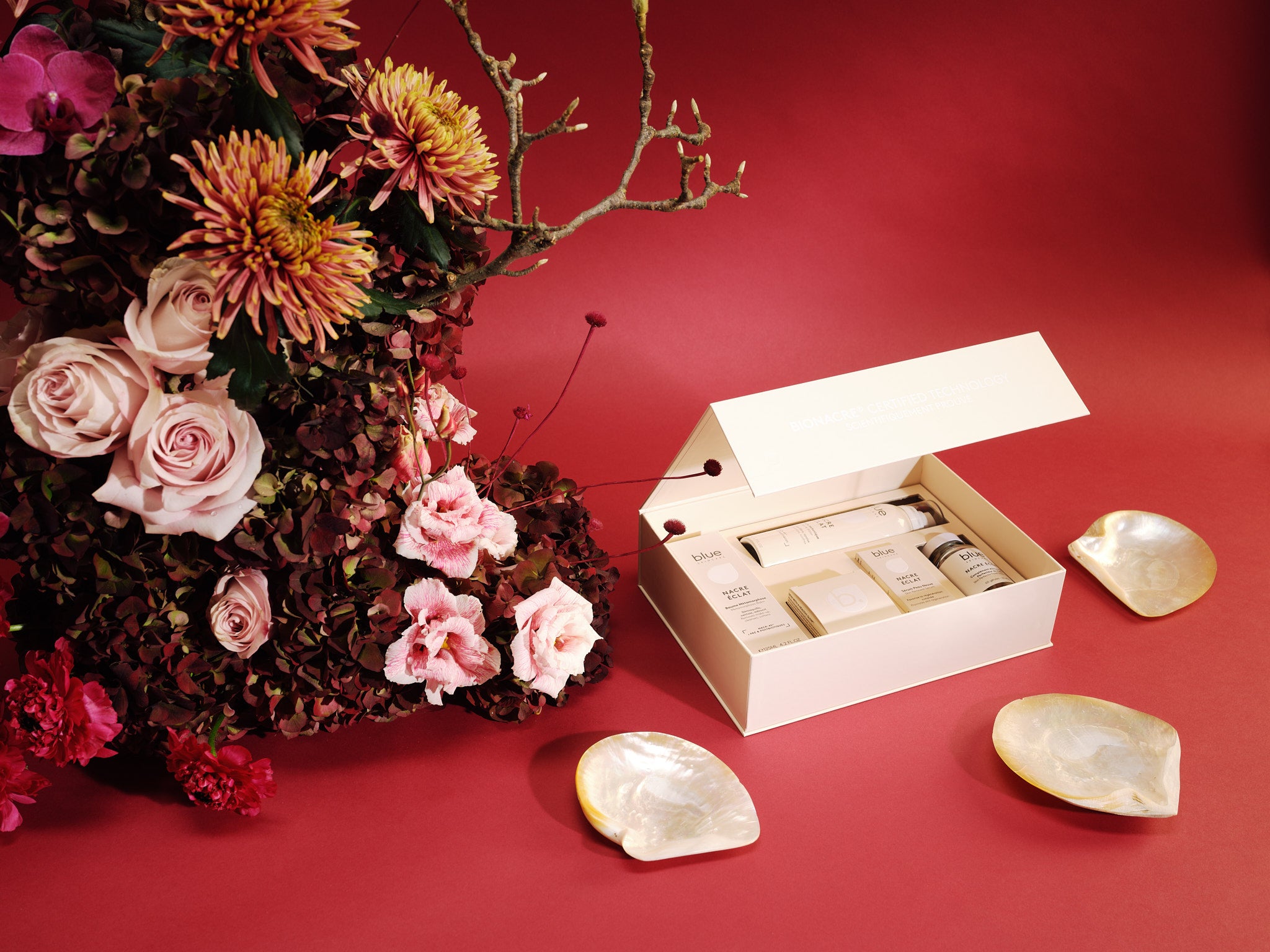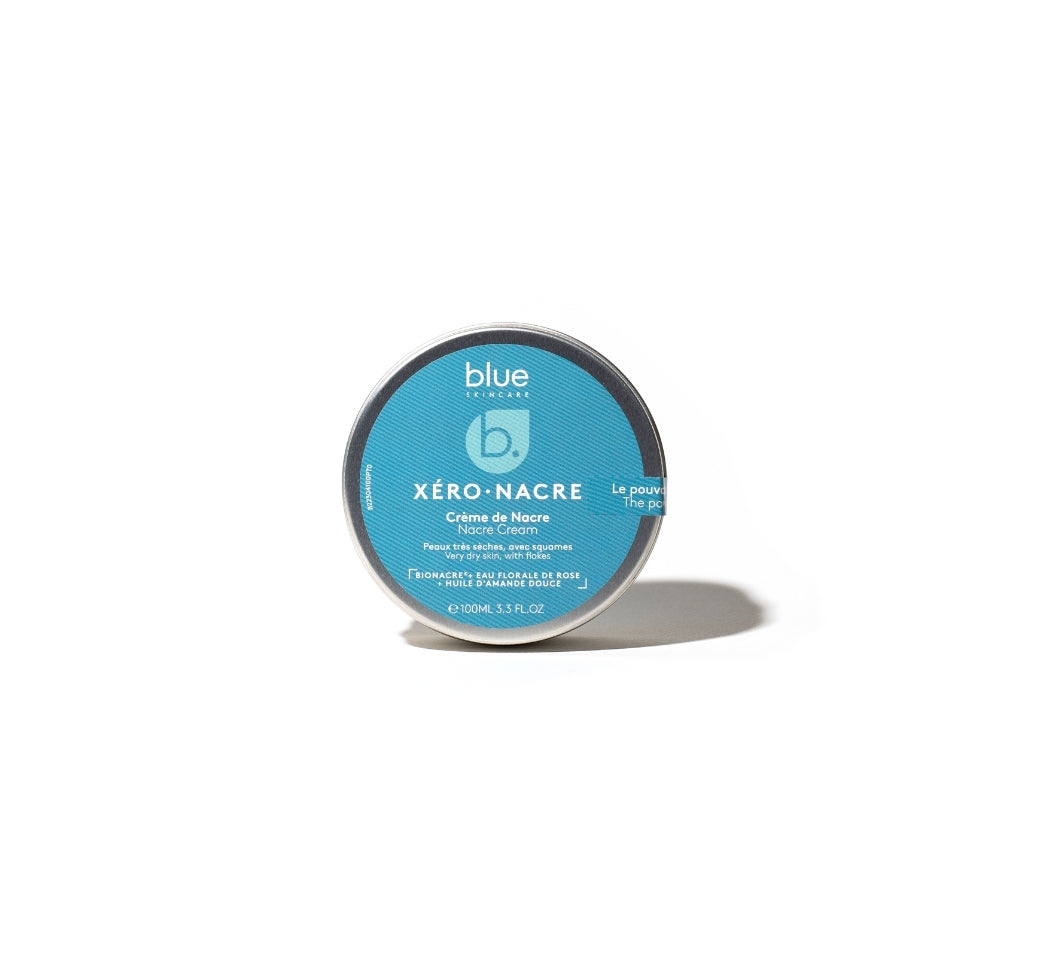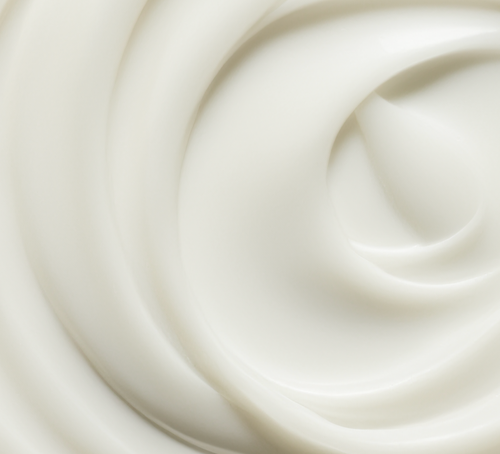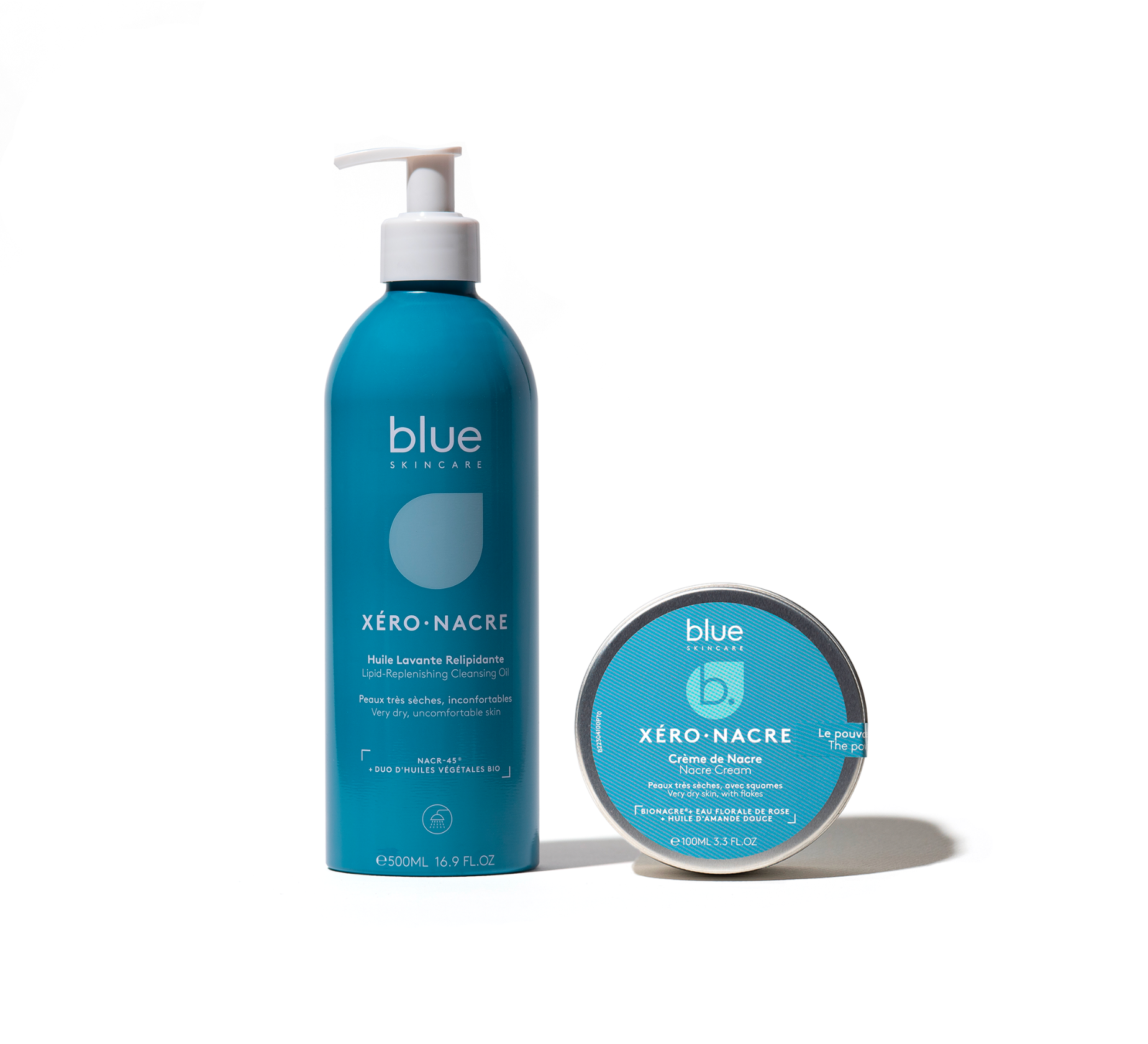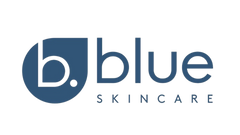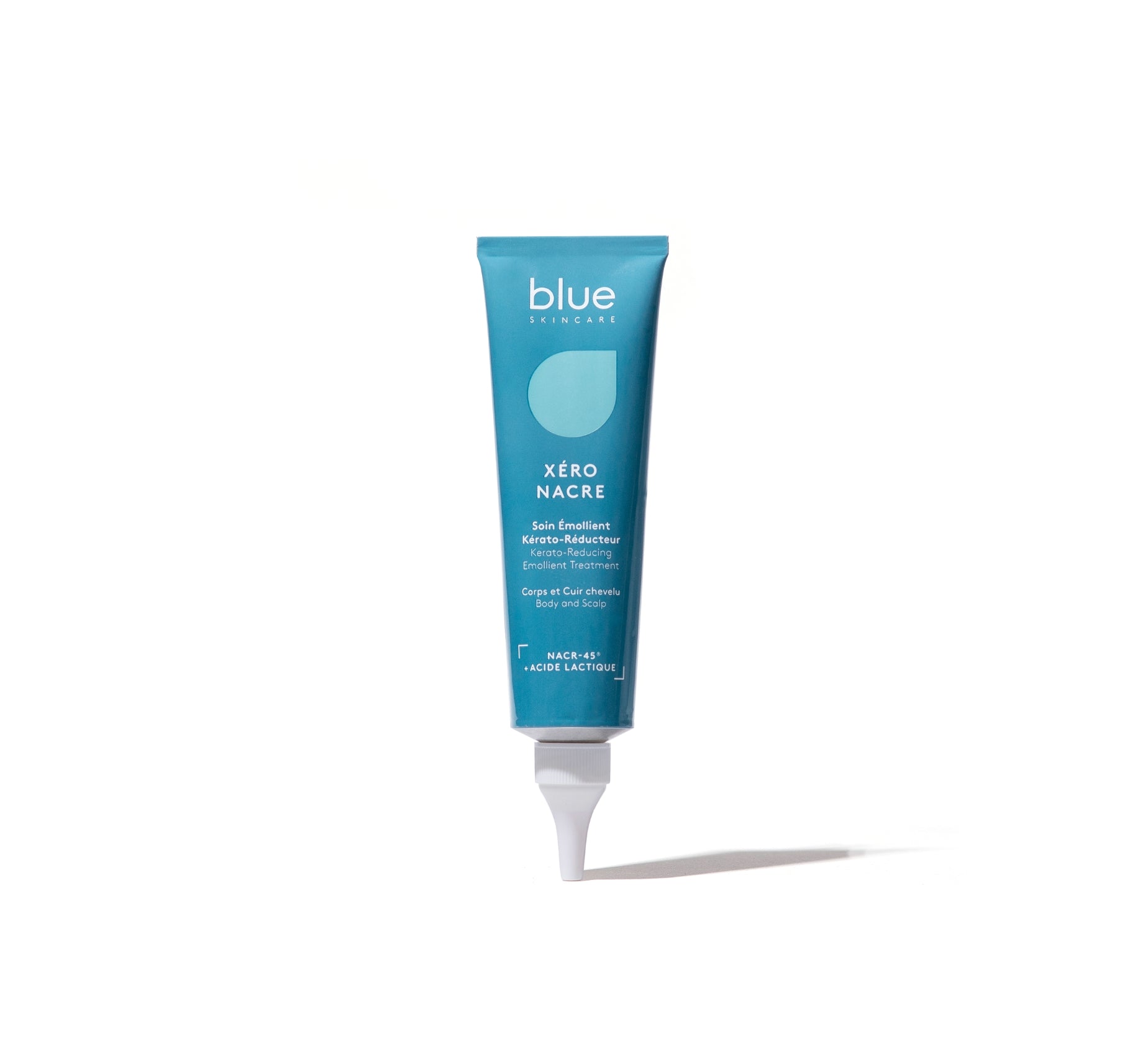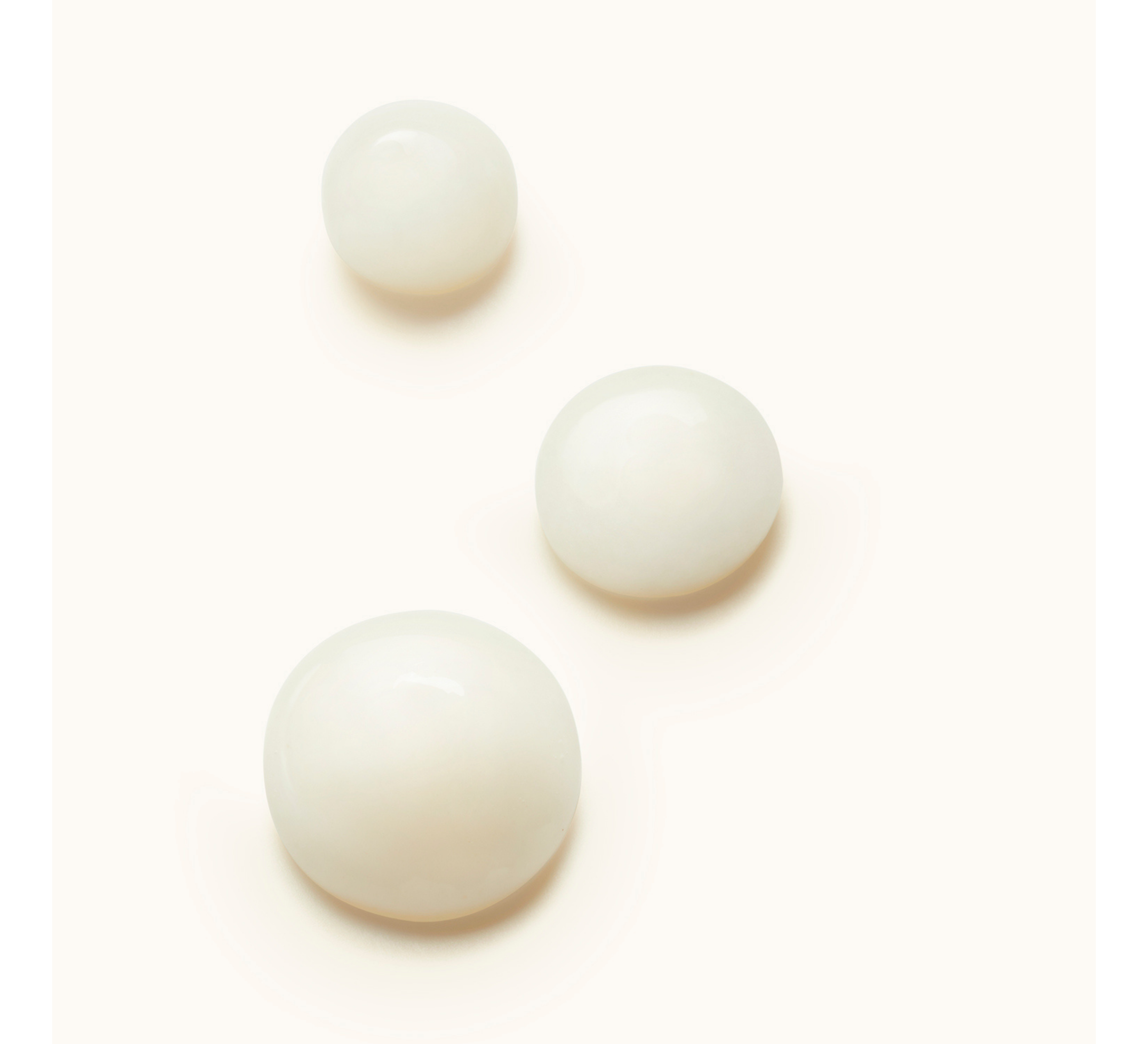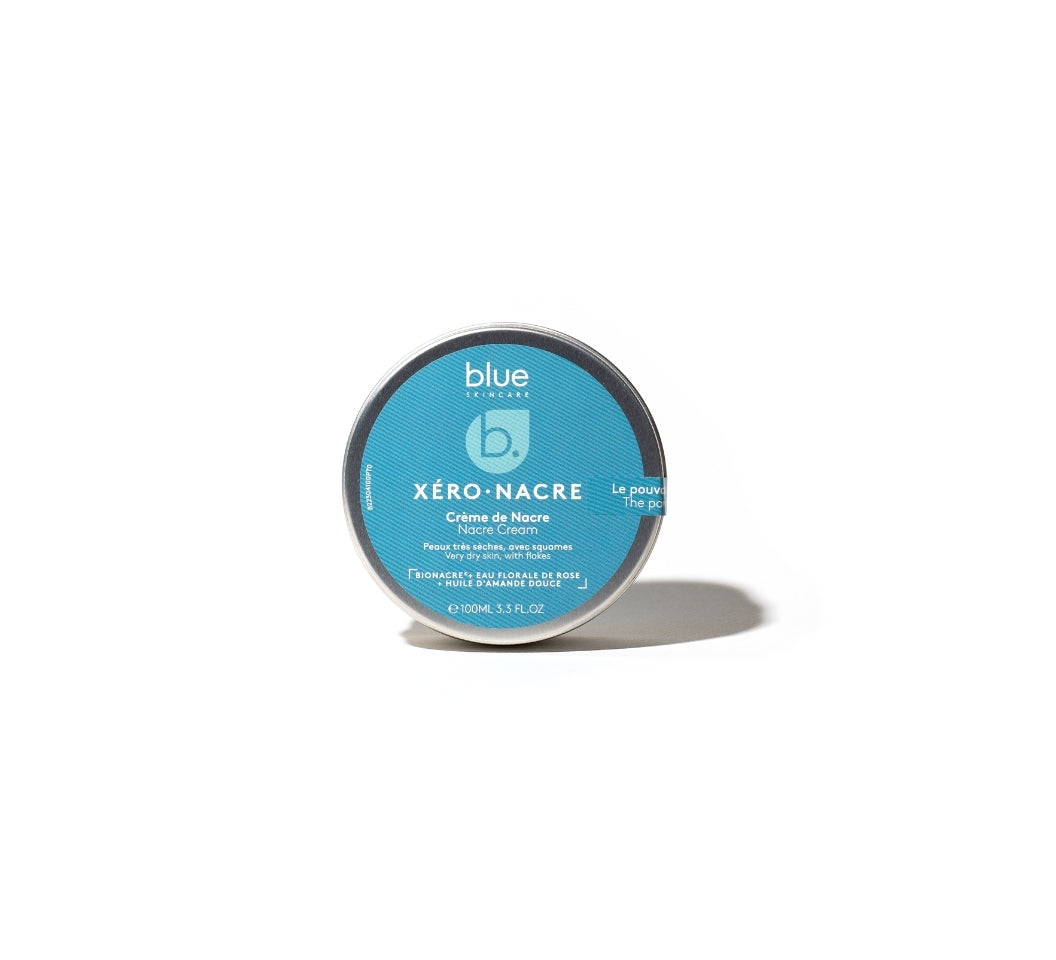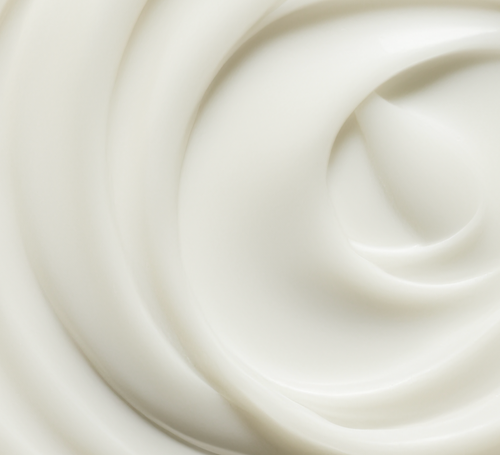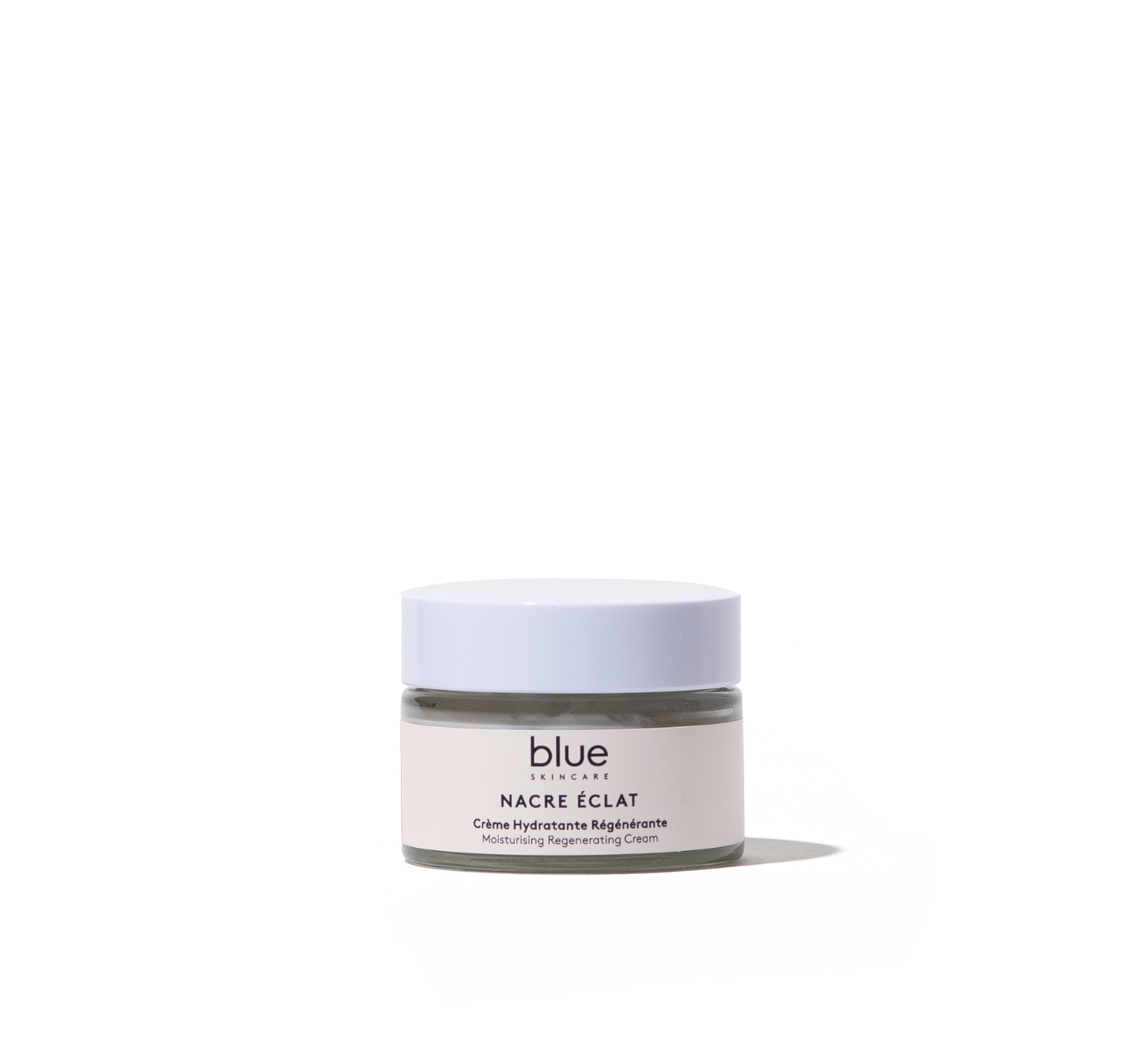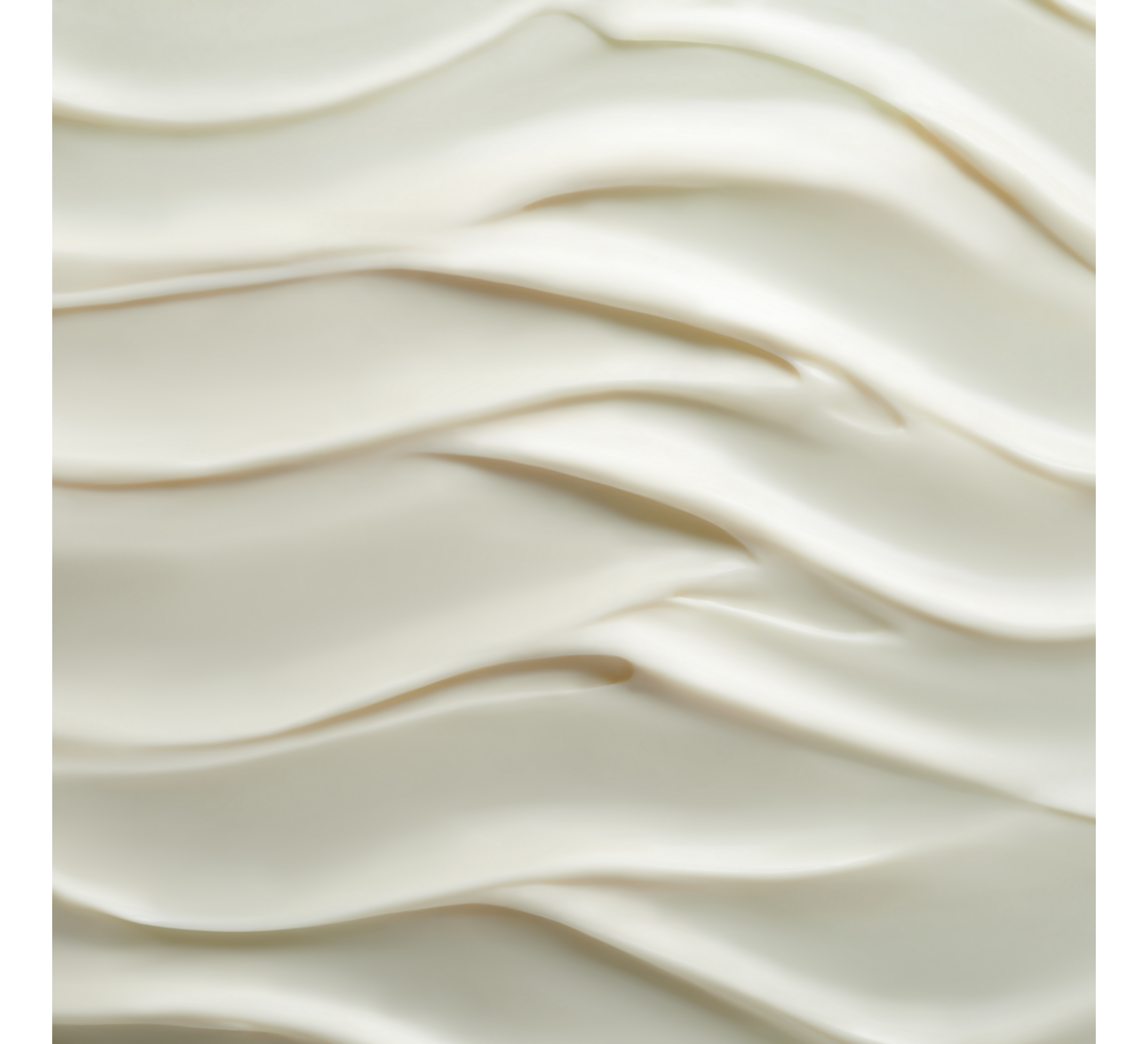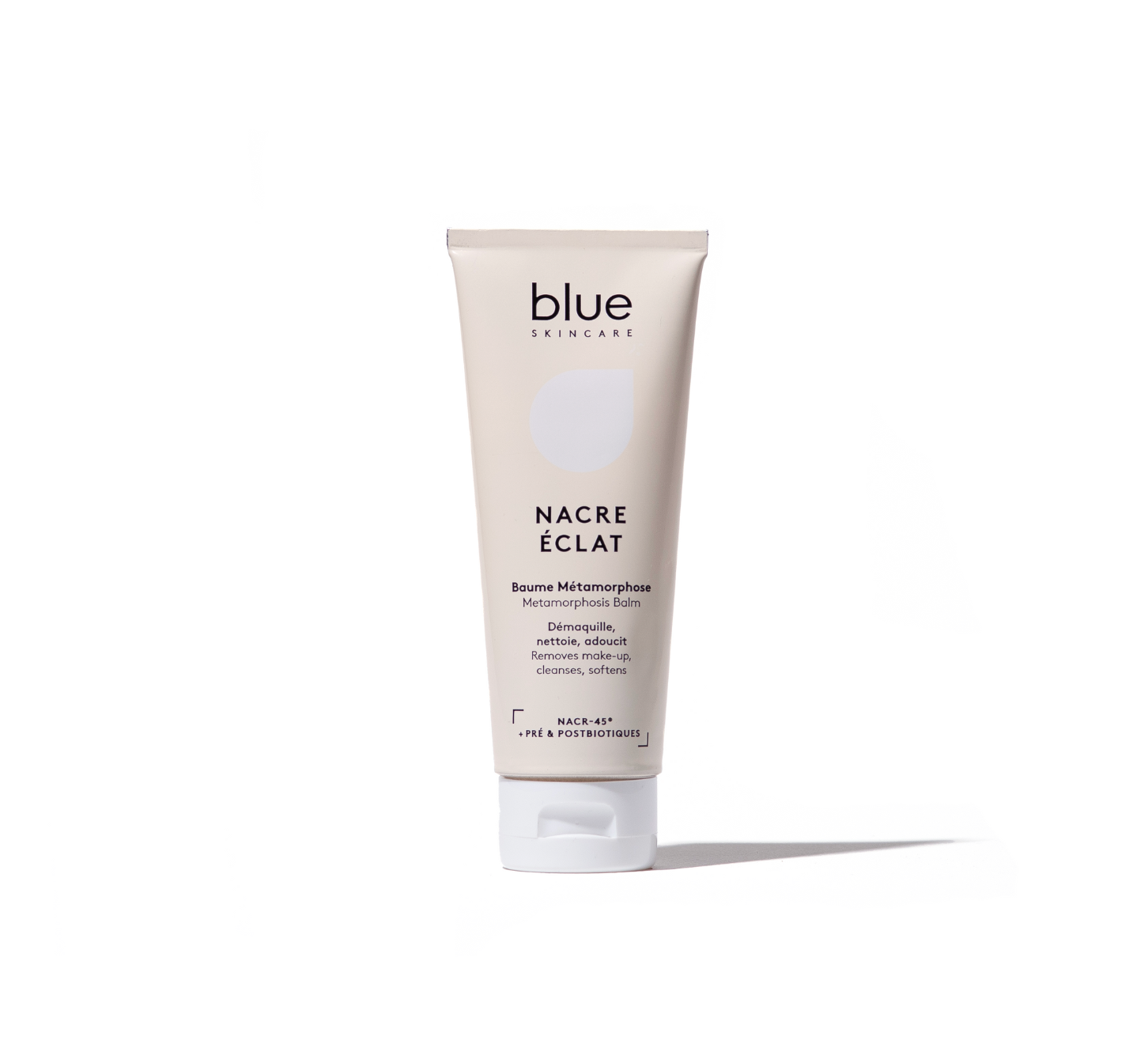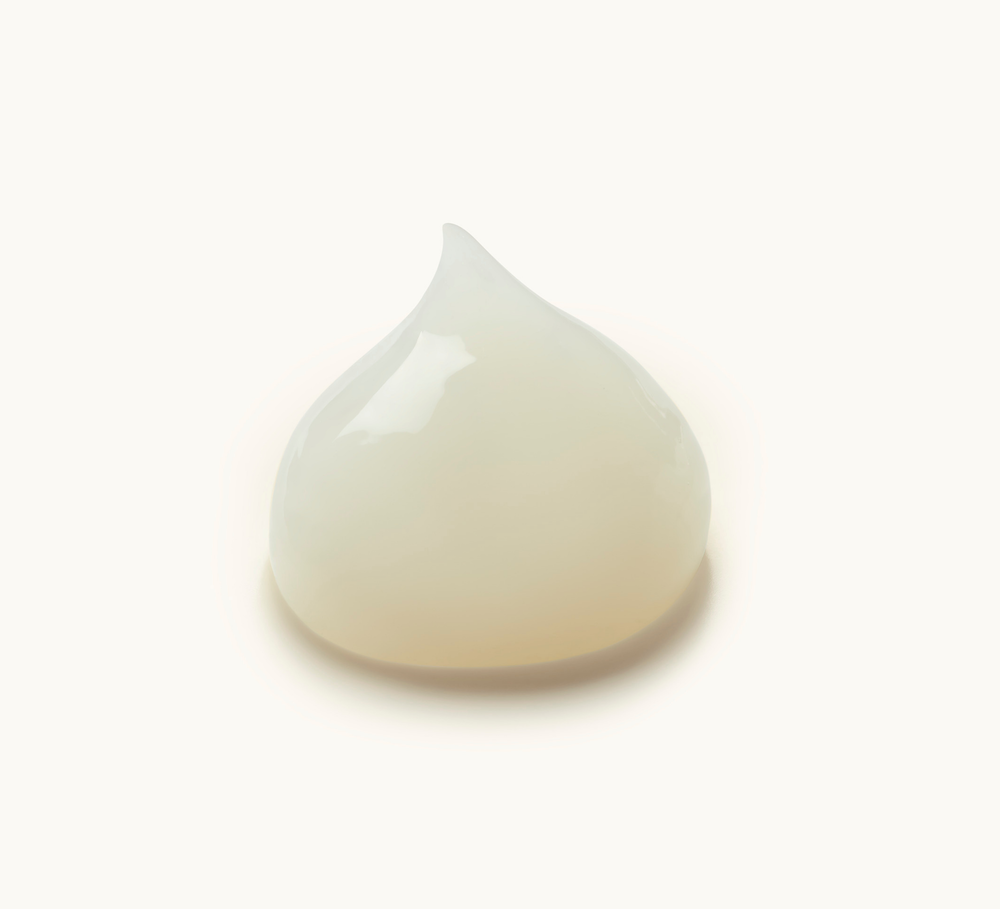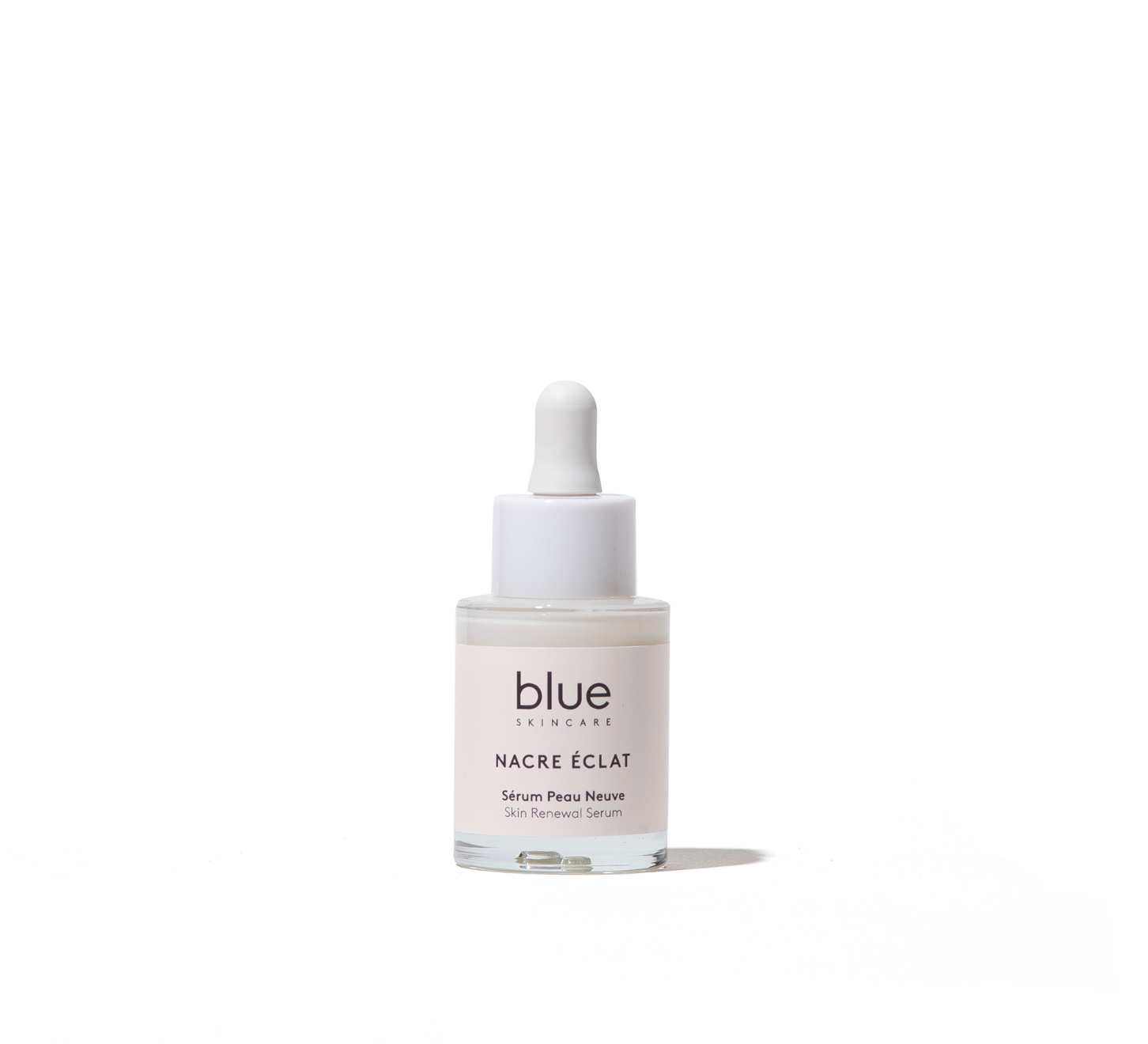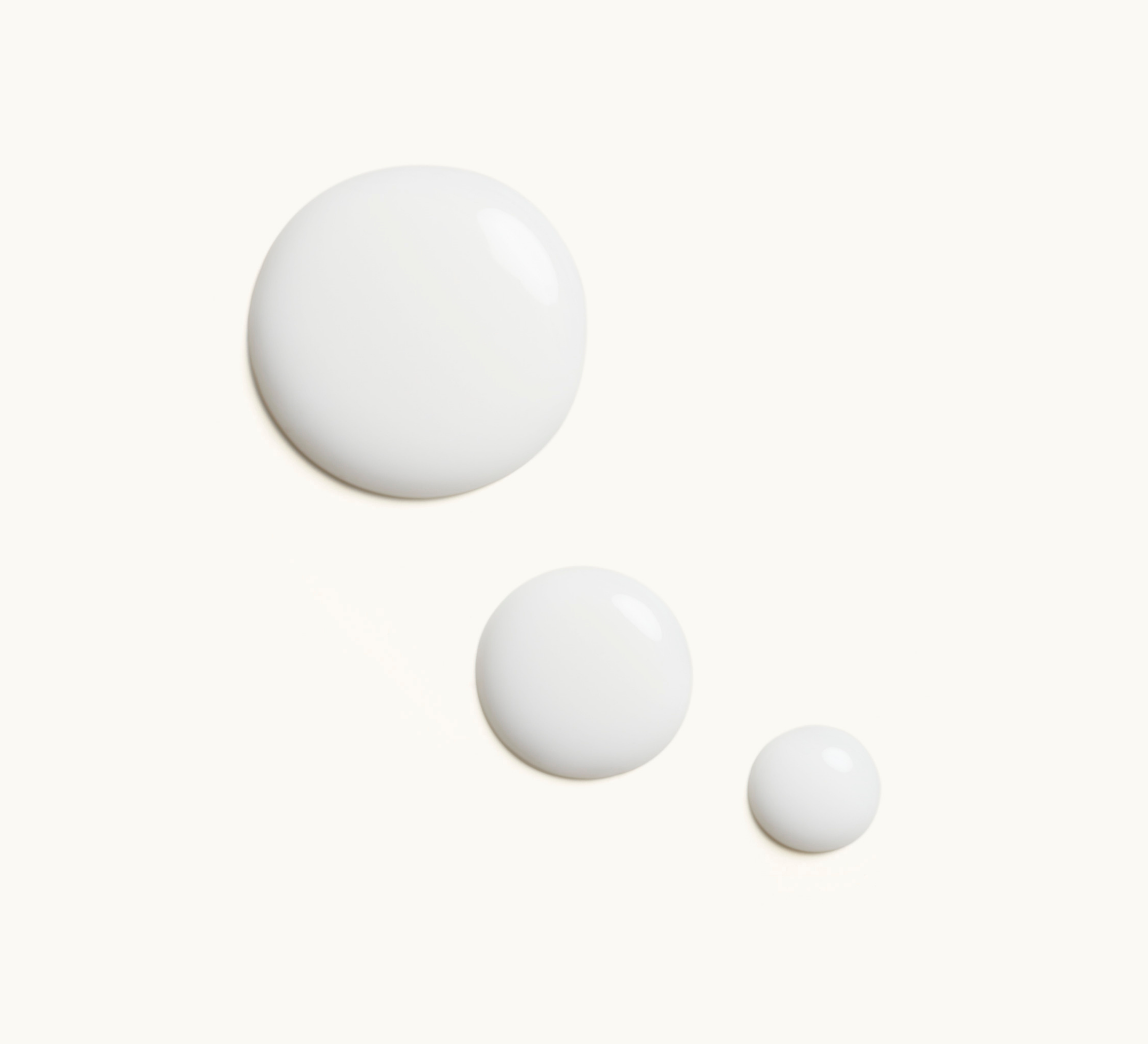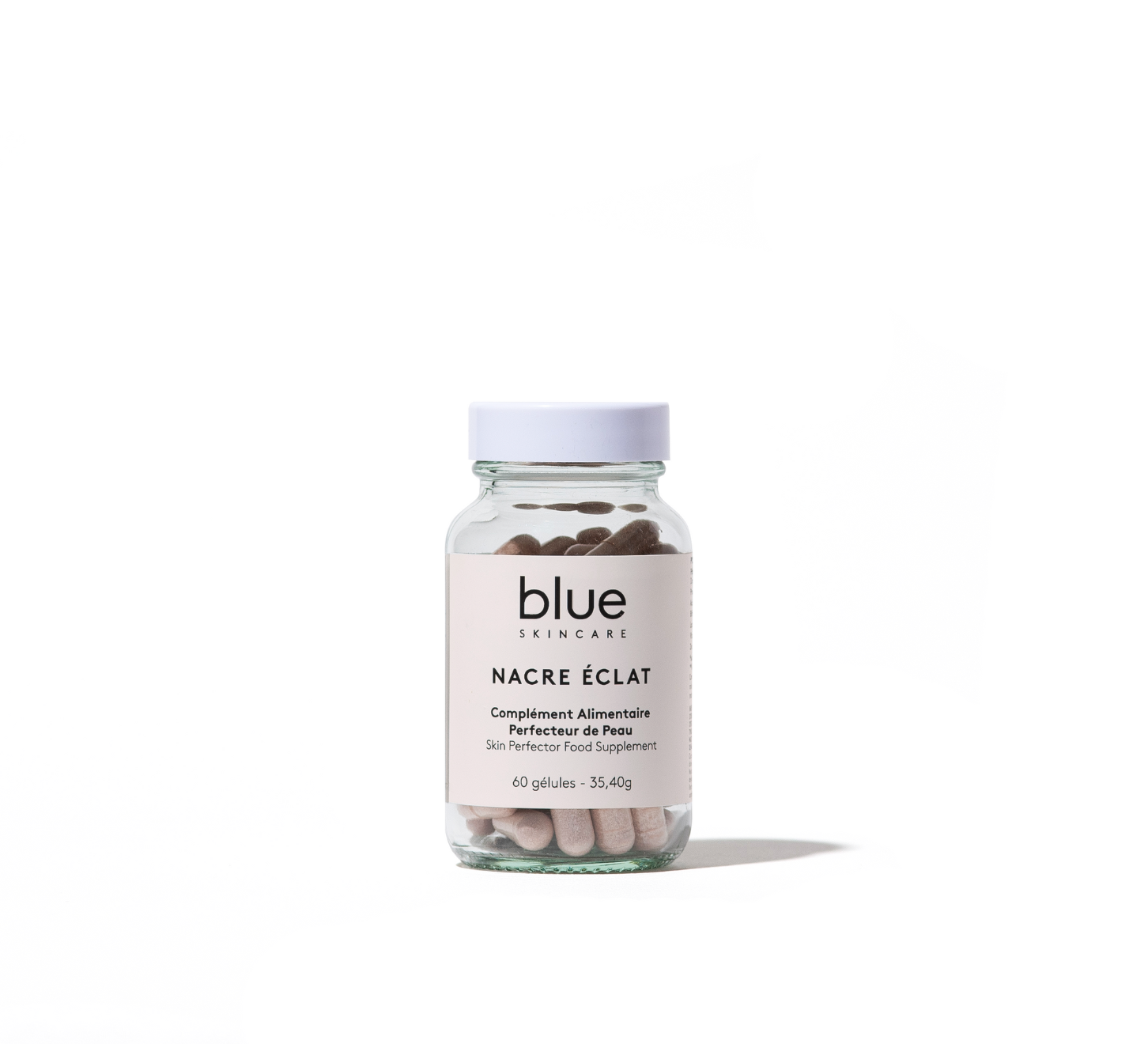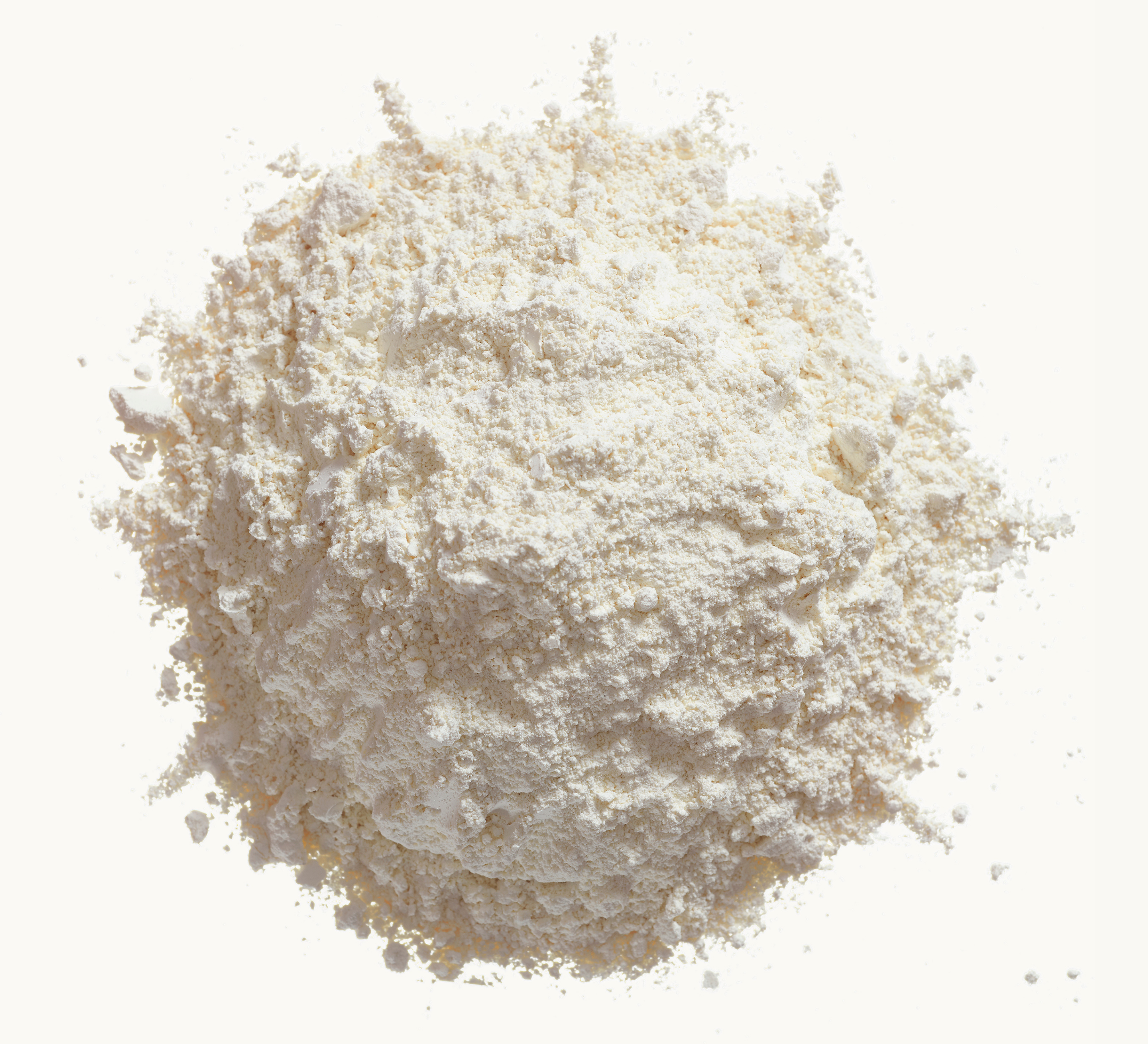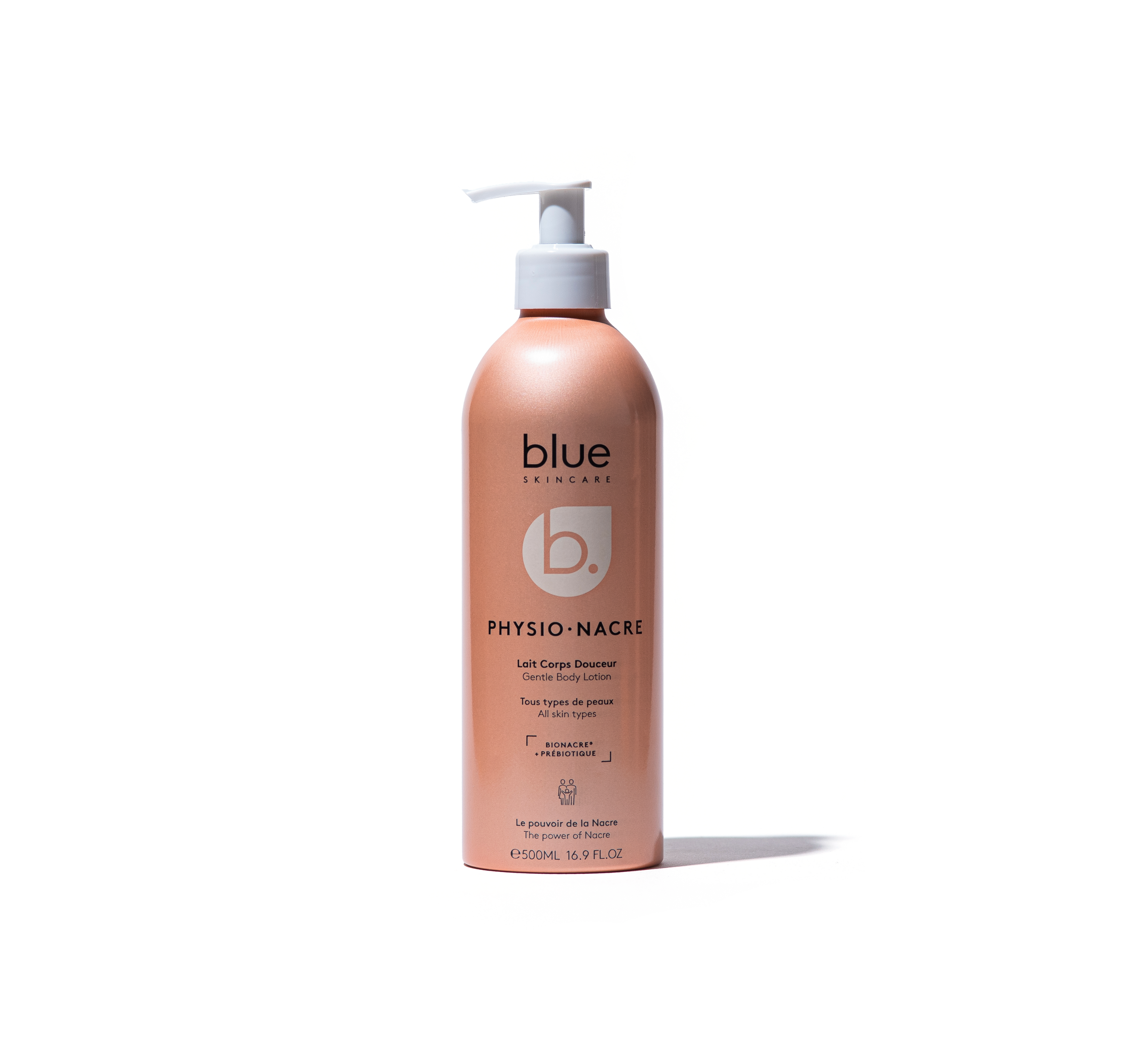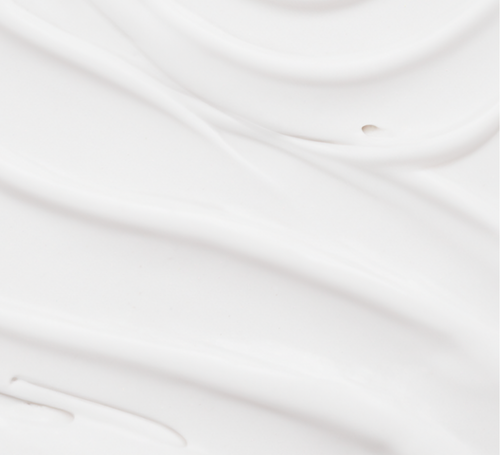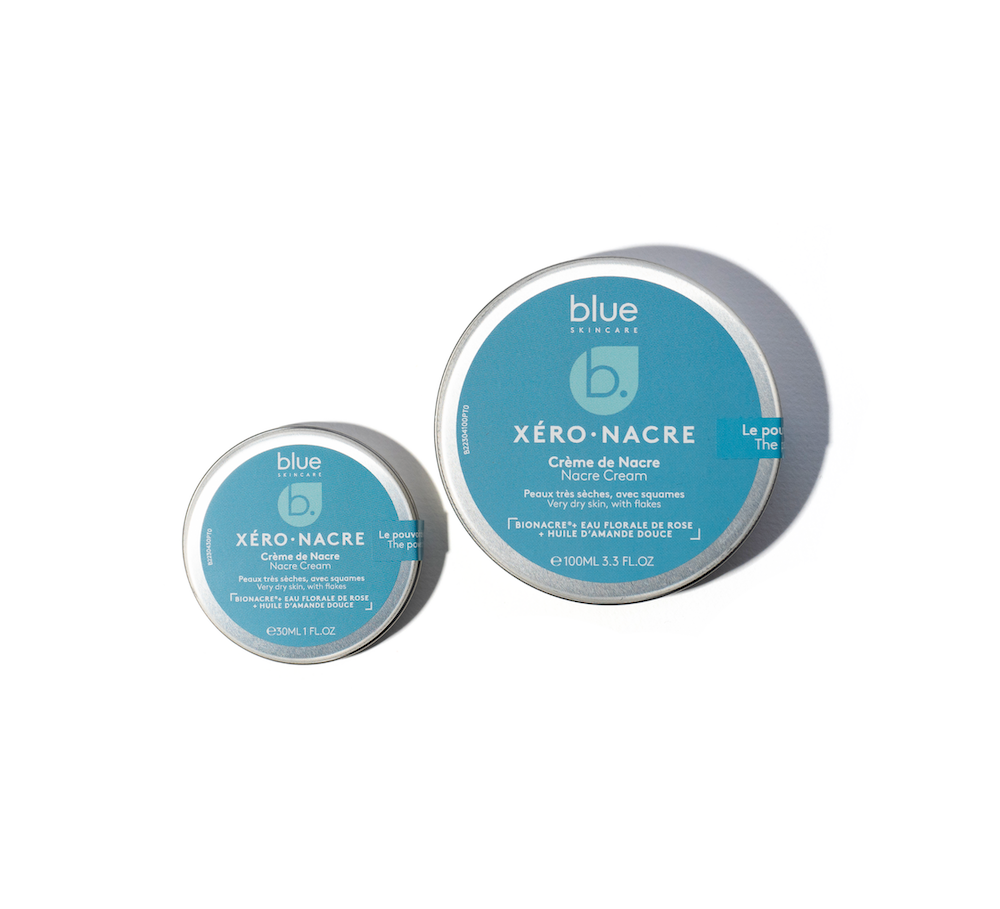Le Clean Eating, c’est suivre son intuition ou suivre un régime ? Manger clean, c’est manger bio, méditerranéen ou zen ? Comment éviter les écueils du Clean Eating ? Réponses d’experts et témoignages de cette nouvelle tendance nutritionnelle de la Clean Food.
Le Clean Eating est une tendance healthy née aux US dans les années 60, à une époque où la malbouffe était plus politique et morale que nutritionnelle. Rejeter le tout industriel, c’était surtout rejeter le gaspillage alimentaire (qui allait de pair avec l’explosion de l’hyper consommation et l’hyper production industrielle).
Aujourd’hui, le Clean Eating est un courant qui fait la promotion des aliments non transformés, bio, les plus clean possible. « Ce mode alimentaire, relayé par de nombreux blogs, touche surtout les habitués des réseaux sociaux » précise le Dr Michèle Marchaland, spécialiste en médecine micro nutritionnelle et fonctionnelle, médecin conseil à la thalassothérapie Valdys de Roscoff (Finistère).
Mais la diffusion des principes de cette nutrition saine, équilibrée et éthique posent des questions. Médecins, spécialistes en micronutrition et diététiciennes répondent.
Le Clean Eating, c’est un régime ?

Non ! Manger sain n’est pas suivre un régime. C’est avant tout se prémunir contre de nombreuses pathologies de notre époque qui sont évitables avec une bonne hygiène de vie. Et cela passe par l’abandon du sentiment de pleine puissance sur le corps. « Il faut arrêter de croire que l’on peut décider de tout, y compris combien on va peser le mois prochain ! » affirme le Dr Cyril Laporte, médecin cancérologue détenteur d’un D.U. de nutrition santé, qui dirige avec Pierre Joyeau, diplômé en nutrition santé et micronutrition (auprès du SIIN, Scientific Institut for Intelligent Nutrition) le cabinet Cypios, centre spécialisé dans l’accompagnement nutritionnel à Paris. « Retrouver son humilité permet de se reconnecter à sa puissance » ajoute Pierre Joyeau. « Nous ne parlons jamais de régime. Un changement d’attitude nutritionnelle amène au poids juste, au poids de bonne santé. Se respecter en choisissant une alimentation de qualité, équilibrée, saine, a un impact direct sur le corps, le poids, mais aussi sur la place que l’on occupe dans la vie » concluent les deux experts. Dans leur livre, « La nouvelle révolution alimentaire » (éditions Mango), ils défendent avec sincérité leur credo de façon claire et ludique.
© Cypios : à droite Cyril Laporte, à gauche Pierre Joyeau
Manger clean, c’est manger zen ?

Pour le Dr Cyril Laporte, il est vital d’alterner manger et ne pas manger, être en mouvement puis au repos, s’entourer de bruit puis de calme. « Nous avons besoin de cette alternance pour retrouver la sécurité. L’idée du jeûne intermittent, qui consiste à mettre son système digestif au repos, est bonne. Mais à condition de manger avant et après ce qui est bon pour nous. Alterner malbouffe et jeûne, c’est de la violence. Alterner hyperconsommation et régimes, c’est aussi de la violence. Prendre ses repas sous stress, à toute vitesse, sans prendre le temps de mâcher ni d’être dans la conscience de ce que l’on mange, c’est encore de la violence. En revanche, faire la différence entre le quotidien, sain, équilibré qui représente 80% du temps, et l’exceptionnel (mais sans abus !) pour les 20% restants est une approche équilibrée. Sans jamais perdre le plaisir de vue ».
Le Clean Eating, une obsession ?
Manger sain à tout prix, sans intégrer l’alimentation dans un mode de vie sain, ne présente aucun intérêt. Le Dr. Michèle Marchaland précise que « l’alimentation ne reste qu’un des facteurs bénéfiques pour la santé et doit faire partie intégrante d’un mode de vie sain (pratique d’une activité sportive, gestion du stress, bon sommeil, liens sociaux, etc.). Surtout qu’elle ne devienne pas un problème ou une obsession, sources d’une anxiété qui serait contre-productive pour la santé. En effet, certains pratiquants, qui ne se limitent qu’aux avantages pour la santé de l’alimentation, ont tendance à faire une fixation sur les ingrédients. Une attitude qui peut les conduire à des habitudes obsessionnelles. Il ne faut pas que le désir de bien manger devienne pathologique. Le plaisir de préparer un repas et le plaisir de manger ne doivent pas être remplacés par des rituels alimentaires tels qu’une préoccupation permanente de la nourriture, du décryptage de la composition des aliments, de la peur de tomber malade en consommant certains aliments… ».
Alimentation clean = alimentation bio ?
« On ne peut qu’être d’accord avec le bio, de saison et de proximité, car il n’est plus à démontrer que la teneur en micronutriments -polyphénols et caroténoïdes entre autres- est plus élevée dans l’alimentation issue de l’agriculture bio. Ceci permet d’augmenter la valeur micro nutritionnelle des aliments sans en augmenter la quantité. De plus, l’emploi de pesticides majore considérablement l’accumulation de toxines et les altérations fonctionnelles » explique le Docteur Michèle Marchaland. Pour ce médecin, le tout bio à tout bon !
Clean Eating et régime méditerranéen, quelle différence ?

« Si l’on suit les grandes lignes du clean Eating (éviter les aliments transformés, raffinés, cuisiner maison, choisir des aliments locaux et bio, mettre de la couleur dans les assiettes, consommer plus de fruits et de légumes…) mais en gardant la notion fondamentale de plaisir sans attitude obsessionnelle, il existe des similitudes avec l’alimentation méditerranéenne qui reste pour moi la règle en matière de santé » précise le Dr Michèle Marchaland « La diète méditerranéenne d’inspiration crétoise est fondée sur la variété, sur une consommation abondante d’aliments riches en fibres, fruits, légumes, légumineuses, féculents complets, oléagineux, riche en acides gras essentiels, en polyphénols et à charge glycémique basse. Je recommande aussi l’apport d’huile d’olive et de colza de première pression à froid, des portions modérées de viande, d’œufs et de fromage riche en acide arachidonique -acide gras de la famille des omégas 6-, du poisson et des fruits de mer au moins 2 fois par semaine sans oublier les herbes et les épices. Ce modèle alimentaire universel protège des maladies chroniques dites de civilisation (maladies cardiovasculaires, cancer, diabète, maladies neuro-dégénératives) » conclue le médecin.
Intuitive Eating et Clean Eating, c’est pareil ?
On n’est pas loin. Et c’est logique. À l’origine de l’appellation et de la définition de l’intuitive Eating, deux américaines, Evelyn Tribole et Elyse Resch, diététiciennes, auteures d’études et de livres à succès sur le sujet. Leurs principes sont très proches de ceux du Clean Eating : la nécessité de manger sain et équilibré et surtout, de faire la paix avec la nourriture. Un rappel fondamental pour ceux qui abordent toute démarche alimentaire avec frénésie ou rigidité. Pas de clean ou d’intuitive Eating, pas d’épanouissement nutritionnel, sans ce lâcher-prise qui induit un lien pacifié avec son assiette et avec son corps. Le lâcher-prise n’est possible que s’il y a connaissances, compétences et sécurité.
Avant le premier coup de fourchette, c’est toute une démarche en amont qui s’instaure : choix du circuit de distribution, choix des aliments, préparation des repas, dégustation, le tout en conscience et dans la joie…
Les 10 principes de l’intuitive Eating
- Rejeter les régimes vantant de faux espoirs,
- Honorer sa faim,
- Faire la paix avec la nourriture,
- Ne pas cataloguer les « bons » et les « mauvais » aliments,
- Respecter les signaux de satiété et écouter son corps pour les entendre,
- Redécouvrir le plaisir de manger,
- Trouver d’autres moyens que la nourriture pour apaiser ses émotions,
- Être bienveillant avec son corps,
- Faire de l’exercice pour se sentir bien dans sa peau,
- Prendre soin de sa santé.
Si, selon les apôtres de la Clean Food, la seule différence entre ces deux types d’alimentation est l’étiquetage de bons et mauvais aliments, tous sont d’accord sur le fait que diaboliser un aliment n’est jamais bénéfique… En un mot, faites-vous confiance.
Clean Eating… pas si clean ?
Si vous avez saisi les fondements du manger sain et équilibré, vous êtes votre propre décodeur, que ce soit dans la lecture des étiquettes ou celle des recettes présentées sur de nombreux blogs spécialisés. Le Dr Marchaland conseille la prudence : « Les recettes de Clean Eating contiennent beaucoup d’huile de coco. Si l’huile de coco a acquis au fil des années une bonne réputation comme aliment santé, c’est une source végétale contenant une très forte proportion d’acides gras saturés qui augmentent le LDL cholestérol (le mauvais cholestérol) et qui sont donc peu recommandables pour la santé cardiovasculaire. Les bons acides gras, les omégas 3 particulièrement, doivent être apportés par l’alimentation (notamment les petits poissons gras, comme les sardines). On évitera le thon riche en métaux lourds. Ces acides gras omégas 3 ont des rôles physiologiques fondamentaux surtout sur les risques de maladie cardio-vasculaire, l’inflammation, l’immunité, la vision et l’équilibre émotionnel. L’huile d’olive associée à la diète méditerranéenne est hypocholestérolémiante et augmente le HDL (le bon cholestérol) selon sa teneur en polyphénols. Les recommandations sont d’environ 3 cuillères à soupe, par jour, d’huile d’olive ».
À chacun son Clean Eating ?

Adopter l’art de manger sain est évidemment bénéfique mais faites-le à votre rythme et avec indulgence vis-à-vis de vous-même. “Changer son assiette, se mettre à manger sain, équilibré, que ce soit en étant flexitarien, voire végétarien ou adeptes du cru, adopter la nutrition fonctionnelle (qui met en avant les valeurs nutritionnelles des aliments pour rétablir ou conserver l’équilibre et la santé), se fait au rythme de chacun, en fonction des modes de vie et du terrain de départ. D’où l’importance d’un accompagnement individualisé quand il s’agit d’un changement profond » explique Céline Vaquer, naturopathe, iridologue, spécialisée en nutrition fonctionnelle. « Et surtout, il ne s’agit pas d’un régime donc inutile de calculer le nombre de calories à chaque assiette ou de rester l’œil rivé sur la balance. Aller vers l’alimentation saine, c’est un mode de vie » note la naturopathe. En effet, passer au tamis votre liste de course, c’est éviter avant tout ce qui est trop gras, trop sucré, trop transformé, produit ou cultivé trop loin.
Clean Eating: quels sont les déclics?
Sophie, Laurent et Jules expliquent pourquoi et comment ils ont adopté le Clean Eating.
- Pour Sophie, 42 ans, c’est le ras le bol des régimes qui a tout changé
« J’avais quelques kilos à perdre, je me suis penchée sur tous les régimes censés être hyper efficaces. J’en ai enchainé plusieurs, sans grand succès puisque j’avais faim entre les repas et que je me jetais sur toutes sortes d’aliments sucrés ou salés ! Normal, j’étais sous-alimentée. J’ai découvert sur Instagram les comptes hyper alléchants de plusieurs influenceuses expertes et j’ai été happée par la tendance Clean Eating ».
- Laurent, 51 ans, c’est la prise de poids de la cinquantaine
« Pourtant je mangeais sain et équilibré, sans alcool ni sucreries, je faisais du vélo tous les deux jours, je ne voyais pas ce que je pouvais changer. J’ai commencé à découvrir des approches qui m’ont parlé : le Clean Eating et l’alimentation en pleine conscience, que j’ai combinés avec le slow food. En fait, mon problème était là : je mangeais sur le pouce, devant mon ordinateur à midi et trop vite le soir, sans prendre le temps de mâcher, en buvant trop d’eau en mangeant (ce qui dilue le bol alimentaire et entrave la bonne assimilation des nutriments). J’ai compris que manger sain c’était bien, à condition de prendre ses repas sans stress ».
- Jules, 26 ans, c’est la force de l’effet miroir et du partage
« J’ai rencontré Manon, branchée healthy food. Avec elle, difficile de continuer à manger aussi mal. Elle ne m’a pas posé d’ultimatum, elle a juste cuisiné sain, clean et savoureux ! Il ne m’a pas fallu longtemps pour troquer mon soda contre de l’eau avec un filet de citron vert, un panini contre un riz sauté aux petits légumes frais. Je me suis senti tellement mieux et presque du jour au lendemain… pas de marche arrière possible ! ».
Convaincus ? Une fois que vous vous serez engagés sur la voie du Clean Eating, un retour en arrière sera impossible ! Remanger très gras, très sucré, ultra transformé, semblera incongru, voire… mauvais. Vous risquez même de ne pas être rassasiés et de vous sentir fatigués car ces aliments sont pleins de calories vides, dépourvus de vitamines, de minéraux et de fibres. En conclusion, à vous de savourer une alimentation saine, variée, équilibrée, éthique, dans la joie et la bonne humeur !
